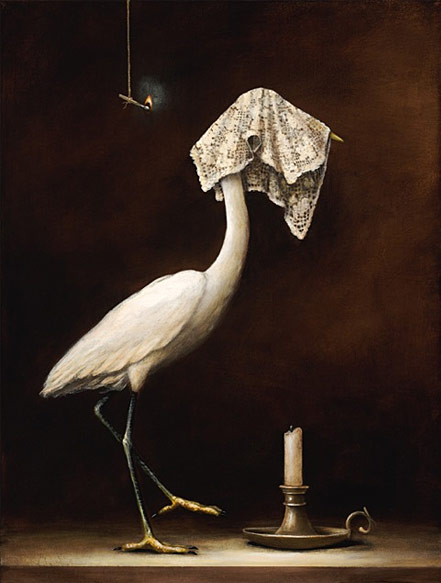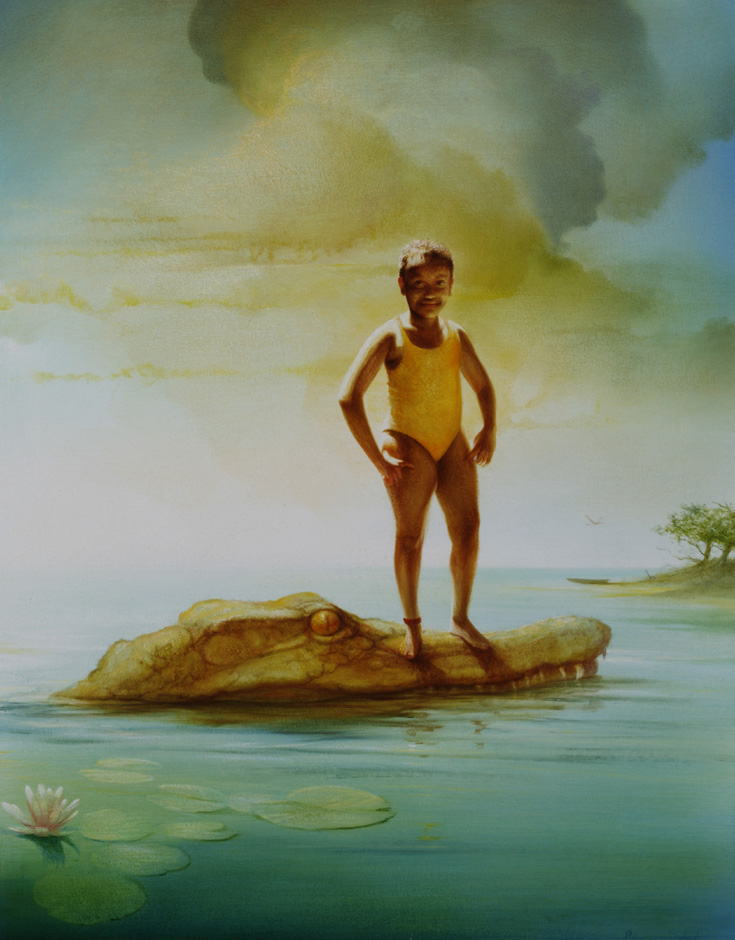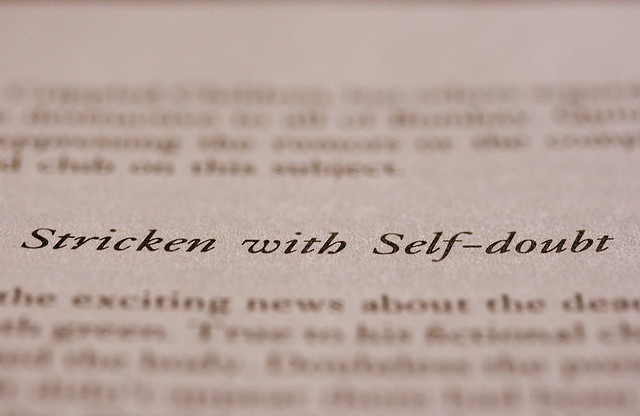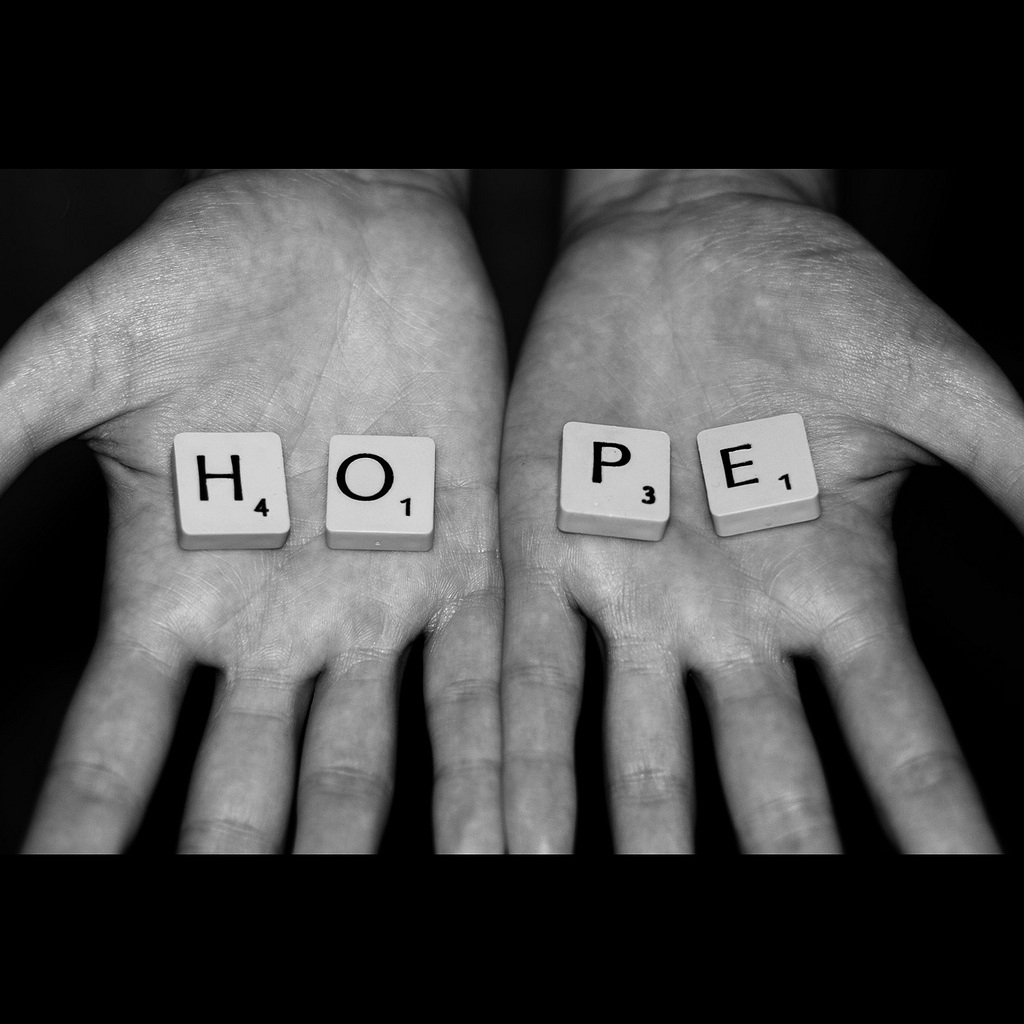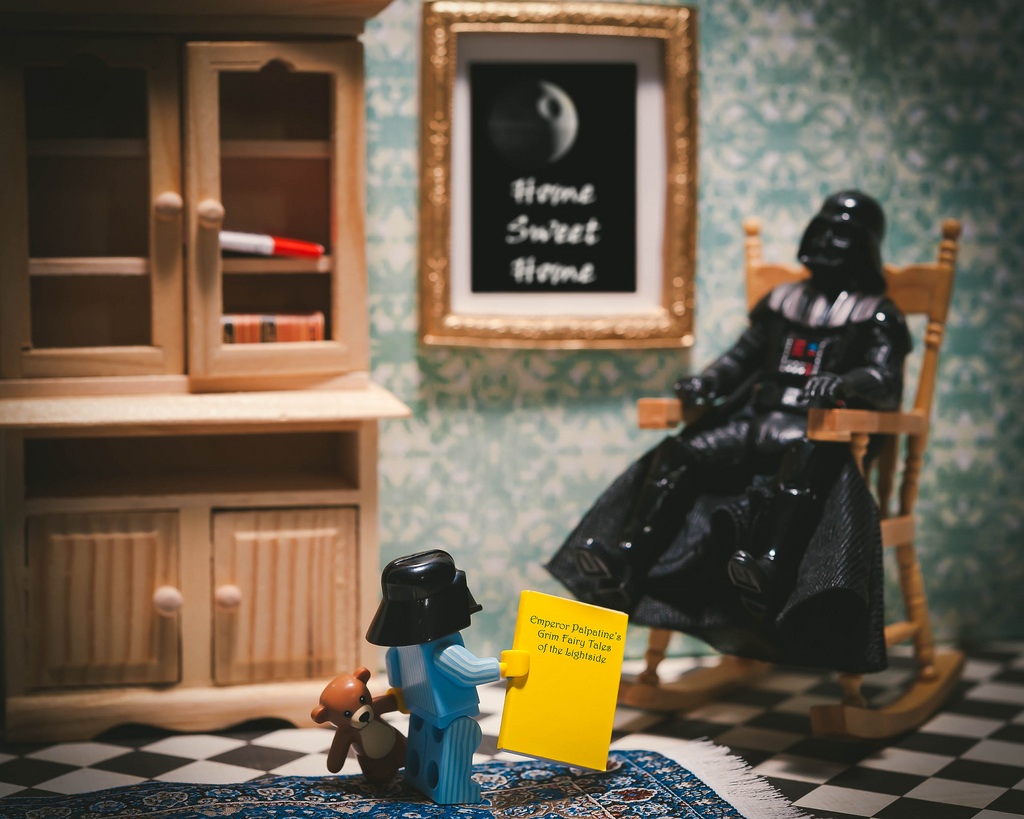
“Bedtime Story” by Chris Nitz Photography
When I was a boy, you would have needed one of those super-powered commercial staple guns to keep me in place for longer than a few moments.
And those rare times when I did pause (like in the photo below of my sister on the stairs) you’d probably think I was up to something. That I was mischievous. I wasn’t (glowing halo appears over head). I prefer the terms curious (you know, about what might happen if say my sister sledded down those bumpy steps) and persuasive (an occasional ability to talk that same sister into trying crazy ideas that popped into my head).
I prefer the term imaginative. Yeah, imaginative!
And I blame it all on my super-hyper-can’t-sit-stillness.
Crazy thing is, I would spend hours every day in my room, alone, playing with some toys, sure, but mostly playing with my hands and imagining that they were monsters and heroes and all sorts of things. I remember my parents whispering about my habit of playing without toys more than a few times.
But, see, my hands could become anything. My “action figures” were much more specific – G.I. Joe, and Cornelius from Planet of the Apes, and so on. I spent those hours making sound effects for the adventures and the battles.
I spent hours creating my own stories.
That may seem odd since I didn’t read books. And since I don’t ever remember having bedtime stories read to me (not by my parents or by any of my grandparents). It took me at least two more decades before I could slow down long enough to read stories on my own and I know how much they have impacted my life since then.
I can picture myself as a six-year-old who couldn’t wait each night to climb into bed and to have stories read to me. I have a feeling that would have been very important to me: the special time shared with mom or with dad or with one of my grandmothers, and also the stories themselves, the characters and the absolute wonder of being transported to other worlds.
I imagine if someone snuck into our house and the only thing they snatched was my favorite bedtime story, it would have been worse than if they had stolen my bed or my food.
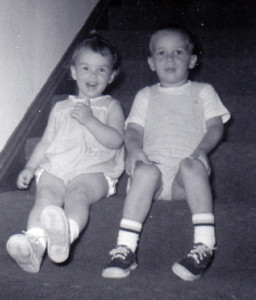
Lafayette Slows Down Only Long Enough To Think Of New Ways To Terrorize His Little Sister
The idea of such an undertaking doesn’t stir up a sense of danger, really, nor feelings of lost safety that come from someone sneaking into your home and taking things. The idea of story books being stolen, of someone only targeting those secret passageways to other worlds and other lives seems so much more intimate. So much more personal.
But the reason behind the act is even more powerful. Why would anyone do such a thing?
Helen and Thomas Docherty explore that question in their wonderful picture book The Snatchabook which I’ll get to shortly.
I mostly write poetry, as well as middle grade and young adult fiction, but over the summer I started envisioning story concepts for a dozen different picture books (characters, obstacles, etc).
Some people might think, well then you’ve got your book, only writing a picture book isn’t as easy as that. As a matter of fact, I recall the time in grad school when everyone in the program was given the assignment of writing a picture book, and the novelists and poets and playwrights, most people I encountered during residency, found it to be the most difficult task. Much more so than they had ever imagined.
So, this summer, I spent some time reading as many picture books as possible. Actually, I have three out from the library right now.
I’ve looked at a few classic stories, but mostly contemporary books, popular books, award-winning books. Books with a fair amount of prose (since I tend to be long-winded) and wonderful wordless books like Journey and Flora and the Flamingo (which I wrote about here). I highly recommend those, by the way.
I haven’t found too many rhyming picture books. In part because publishers have been shying away from them the last several years, or so I’ve been told, since getting the right rhyme and rhythm is quite challenging. Then I came across a book that had an endearing protagonist and, I suppose you’d call the little book thief an antagonist of sorts, but a sweet antagonist. The book – The Snatchabook – had wonderful illustrations and a beautiful story
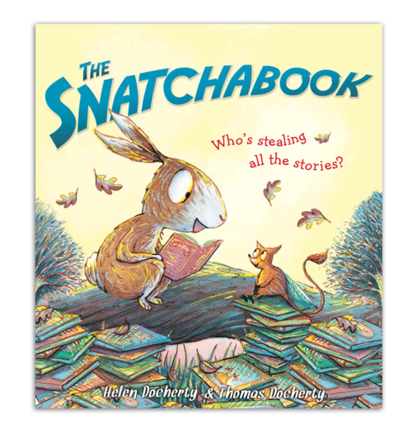
The Snatchabook by Helen and Thomas Docherty
The story takes place in the woodland world of Burrow Down where all the forest creatures and families enjoy their bedtime stories.
But one by one, the books start disappearing.
Turns out there’s one creature in the forest who has no family. No one to read to it. At least not at first.
Since the story is, in some ways, about fitting in and about being part of something (whether it’s a family or a community), I was immediately drawn to the characters. The Snatchabook is not only an adorable little creature that is, it would seem, alone, but it’s also a misfit. It’s unlike every other character in the book, except for one thing at least. It loves stories.
If you have kids or grandchildren or you just love picture books, I’d recommend checking out The Stachabook. I found the concept behind the story very clever and the verse and pictures a lot of fun. For a little information on the team from the UK who created the book, writer Helen Docherty and artist Thomas Docherty, check out some of the interviews I did with them below.
Continue reading →
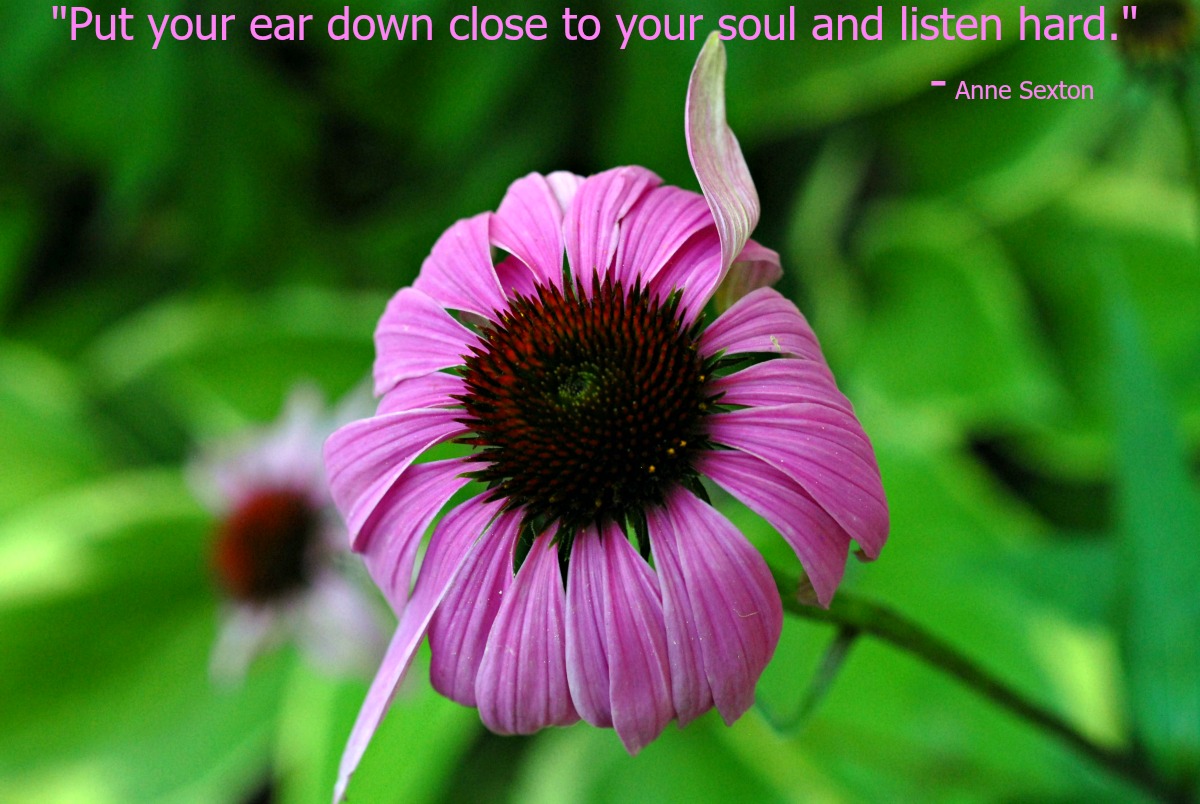 Permission. To take time. To dedicate that time to oneself, to one’s dream(s). To do.
Permission. To take time. To dedicate that time to oneself, to one’s dream(s). To do.

